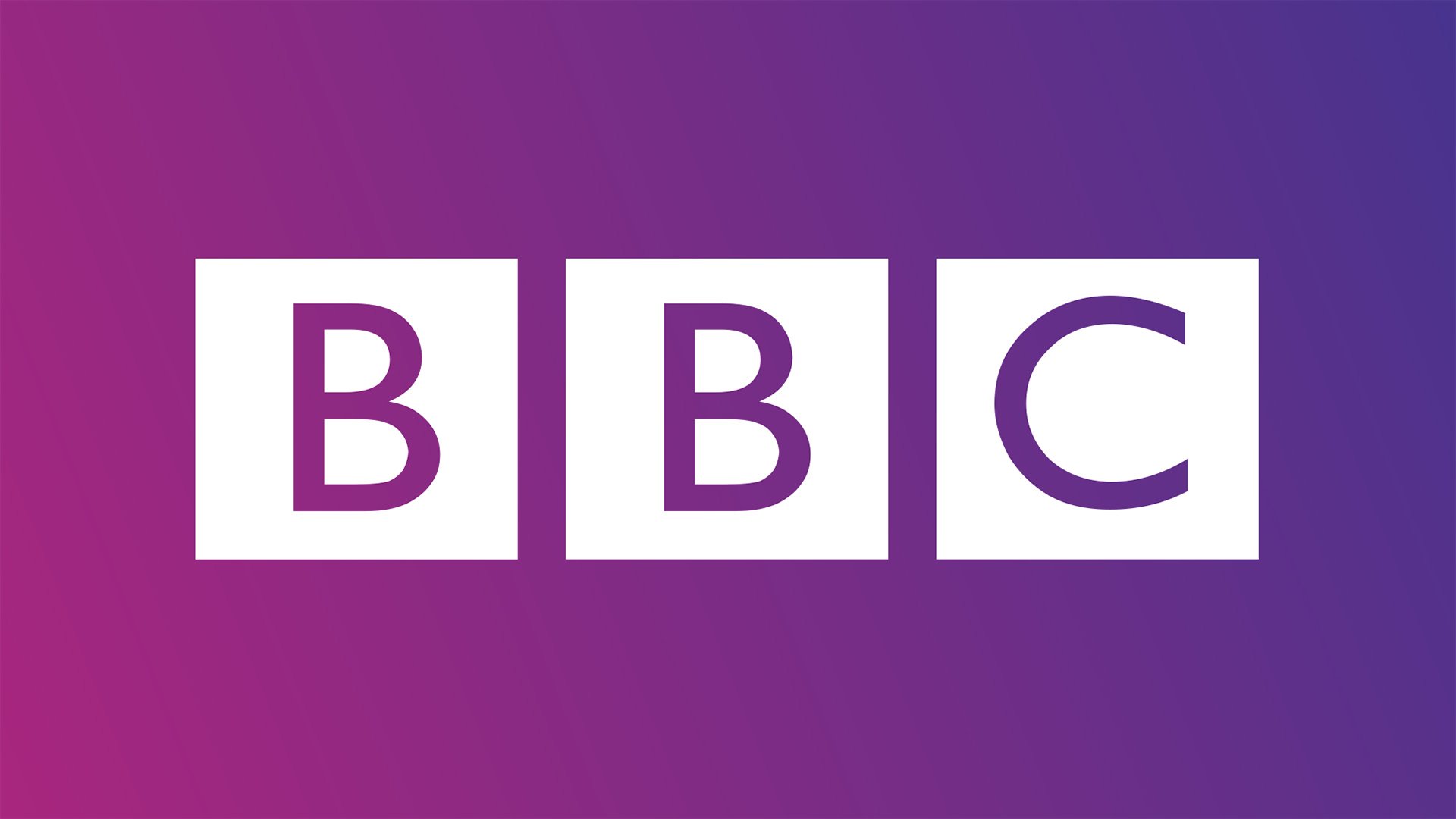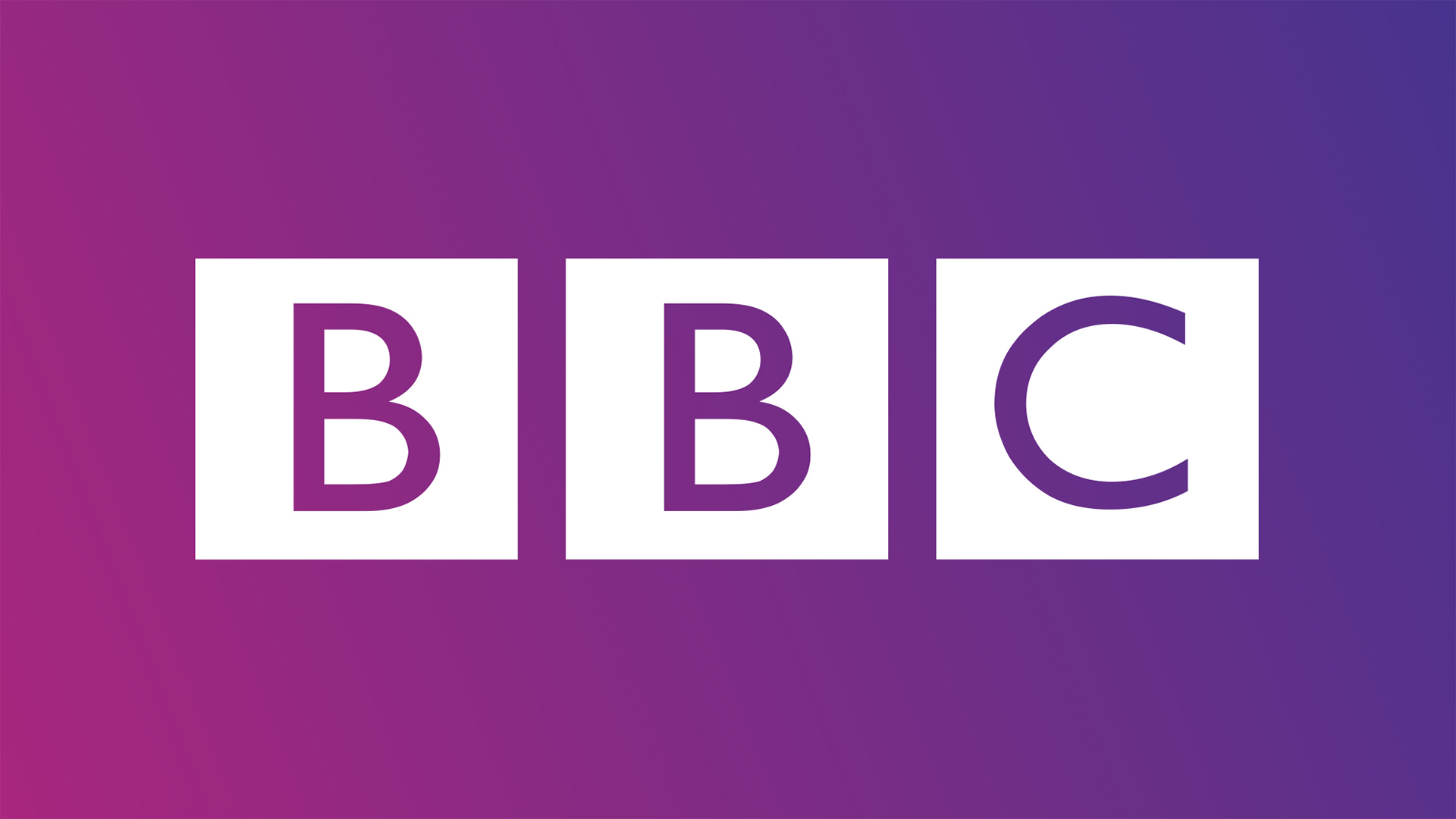

The BBC is renowned around the world, but it often comes in from a barrage of criticism from many directions. What is the future of the BBC in a competitive world populated by big-hitters like Netflix and Amazon?
It's a strange thing to be a witness of as a native Brit, but even outside the UK, the BBC is widely revered. People seem to think it offers quality journalism, thoughtful dramas and comedy, and in general an antidote to the worst excesses of commercial TV. Inside the UK, it's all of those things, but it's also a political hot potato, funded by fees that are almost, but not quite, a tax, and criticised for distorting the market for commercial television and radio. Given the huge changes wrought on television in the last ten years – from YouTube to over-the-top providers like Netflix – the way that all this stuff is funded is a bigger issue than ever before.
First, the facts. Most people understand that the BBC is not (or at least mainly not) a commercial organisation. It is also not supposed to be a government-controlled entity, at least not directly. It is certainly not state controlled media, despite the tendency of right-leaning political thinkers to claim that it is. The BBC is not state media in anything like the same pejorative sense as the television channels controlled by authoritarian regimes in places like China, Russia or Venezuela.
That's what the BBC is not. Describing what the BBC is requires more words. It is, perhaps most famously, a news broadcaster. It is a producer of drama and documentaries, particularly those famous natural history pieces. What's less well known is that it runs a lot of local television news and radio stations and a whole host of international operations that broadcast to various countries worldwide (some of which appear courtesy of its commercial arm, BBC Studios.) It has a vast web presence. It once sponsored the creation of a computer system for use in schools. It has many fingers in many pies.
Justifying its existence
Anyone in the UK equipped to watch television broadcasts live as they occur, including over the internet, is required to contribute to the BBC whether they watch the it or not. There are (shrinking) exceptions for the elderly. It isn't actually necessary to pay simply to own a TV in the UK, so long as it isn't set up to receive live broadcasts. But the funding model is, really, the core controversy: does the BBC do things that should be done, but which would not be done if it weren't funded that way? Is the privileged status of the BBC justified by those things?
Historically, it's usually been hard to argue against the BBC's TV output given what commercial television can sometimes look like. The problem is that YouTube now does some incredibly specific special-interest programming. Production values on user-generated content vary, but a YouTube video can get into the detail of something in a way that even the BBC can't. Considering drama, over-the-top broadcasters like Amazon and Netflix are spending money on drama in a way that the BBC generally doesn't. It's not really about totals; Netflix predicted it'd spend $7-8 billion on moviemaking in 2018, which is more than the BBC's entire budget, but the BBC also rarely produces US-style drama series that often approach two dozen episodes per season.
Factual programming, perhaps most famously the natural history unit, is up there with the very best, but it's not quite clear why an organisation with guaranteed multi-billion funding isn't up there with the big hitters in every category. The BBC is expected to spend around four billion pounds sterling in 2018-2019. Why isn't it another Netflix?
The figures are deceptive
The amounts sound large until we remember that the organisation runs nine national TV channels, 10 national radio stations, plus literally dozens of of other regionally-focussed TV and radio stations; the globally-known current affairs, factual and drama production is a small piece of the pie. For instance, in April last year, there was serious discussion that the BBC's eastern television region was too large to be meaningfully covered in a single news edition. The reality is that between Norwich (in the north of the region) and Southend (in the south) is about 75 miles of largely incident-free rolling countryside. Not much goes on there, a fact that will be clear to anyone who's actually watched an edition of the BBC's Look East. This is not a concern that's very visible to people outside the UK, but it's at least part of the reason that Doctor Who is (or was) so famous for its wobbly sets, and in general why the BBC appears to achieve less than it perhaps should.
The internet, and digital broadcasting, has made the BBC internationally popular on a level it hadn't previously enjoyed, but it's also highlighted a common criticism: that it tries to do too much with too little. It does so much that it will almost invariably have done both incredibly popular and incredibly unpopular things, but it's hard to overlook the diffusion of resources.
There is no external hint of change afoot. But the advance of internet distribution, the economic situation in the UK and the country's suddenly increased need for an international profile combine to create the conditions for change. The real issue will be maintaining the good while improving the bad – as if good and bad are easy things to separate in a situation this complex.
In the meantime, it's always fun to travel the world and find people bootlegging BBC news via dubious internet proxies. Like any sort of media piracy, it's a strange vote of confidence.
Tags: Business


Comments